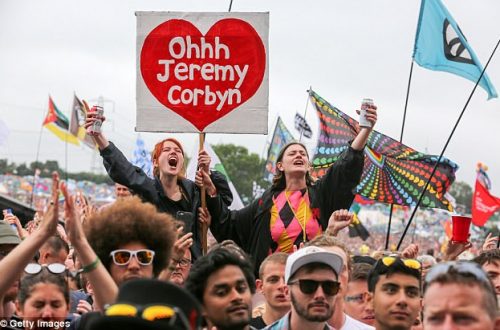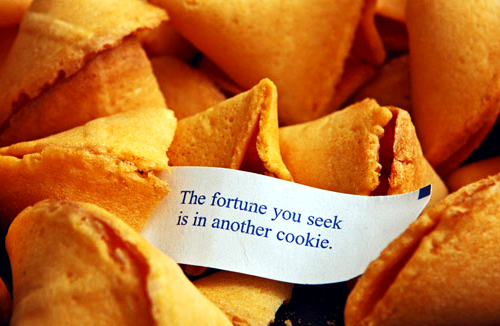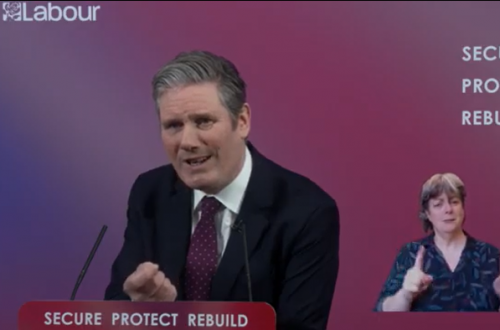The Guardian’s Martin Kettle joins the ranks of the worried Labour pessimists, a place I’ve been nervously perched for the past few months.
Every time I consider the possibility of a Tory victory can’t help but recall the walk to the local FE college I took on the morning after the 1987 election with my mate Woody.
We trudged through the terraced streets of the former Lancashire milltown- turned pioneer in the low-wage economy, across the grim, ill-conceived waste of a ‘town centre’ and past the grubby cheapo shops, wondering aloud about just one thing – how on earth had this town, one of those that, in another era, earned the monicker ‘Little Moscow’ due to its trade union radicalism, re-elected a Tory MP?
Where the hell were all the Tories? Where were all the unemployed or underpaid workers who had voted for Margaret Thatcher? After all we hadn’t come across many when we had been out canvassing (but then it never entered our heads that if you were voting Tory you might not want to discuss the matter with two cocky teenagers from the Labour Party Young Socialists.)
We hadn’t canvassed in the wealthier villages that surrounded us, places where not only were the Labour Party despised but so was our town itself. But the combined vote of the Ford Sierra-driving salesman or golf-playing bank managers wasn’t enough to win an election for the Tories. No, there must have been thousands of secret Tories who had crept out on polling day to vote for that shower.
Down we walked past the bakery where we had both done our first days work at 16. Only a temporary summer job (we hoped) while we waited for the uncertain outcome of GCSE’s. But with Monday to Friday, on a 6 till 2 shift and 6-12 on a Saturday, for a weekly wage of £63 and with trade unions effectively banned there was certainly reason to hope that the minimum five C-Grades would be on that slip of paper and we could wave goodbye to frying donuts or filling pies for £1.50 an hour. Who in that place had voted Tory? The old Irish bloke grafting and spluttering away for a few quid an hour in his late sixties?
Over the Leeds-to-Liverpool canal, the waterway we had learnt about at school, the ‘artery of the industrial revolution’ wasn’t it? Now home to dumped copies of free newspapers. If that wasn’t enough symbolism, the final stretch to college took us past what was once the town hospital that had been turned to rubble. They got rid of the only hospital in town to make way for a motorway that allowed tourists going to the Lake District to get past us a bit quicker. And wasn’t it that Tory millionairre McAlpine whose firm had built the motorway? And where was the new hospital they promised in its place?
And this town had voted for four more years of Maggie Thatcher? The despised London Yuppies making a killing out of the stock market and privitisation, I could understand their pact with the devil but what reward did our town get from the Tories? It happened though.
In some circles, where it is believed the way to improve the Labour party is to vote against it, they call it scare-mongering to remind people that there are only two parties who can win this election but it remains a stubborn fact nonetheless. ‘Lesser Evilism’ may be a poor election campaign message but it is still a good enough reason to vote for a party.
Like Martin Kettle, I’m worried the wrong one might win. Not necessarily in my birthplace but in enough places elsewhere:
The second re-election is a fence at which all previous Labour governments have fallen. It is a provenly difficult task to persuade voters at this stage of the electoral cycle not to reject Labour governments for their shortcomings and, in some eyes, their betrayals.
If that is to happen in 2005 – as it happened before in 1951, 1970 and 1979 – then the outcome will also be the same as it was then. Voters who stay at home or transfer their loyalties may say “Not in my name”. But the result of their actions, whether they like it or not, will be a Conservative government. It has happened before. And I think it could happen again.


